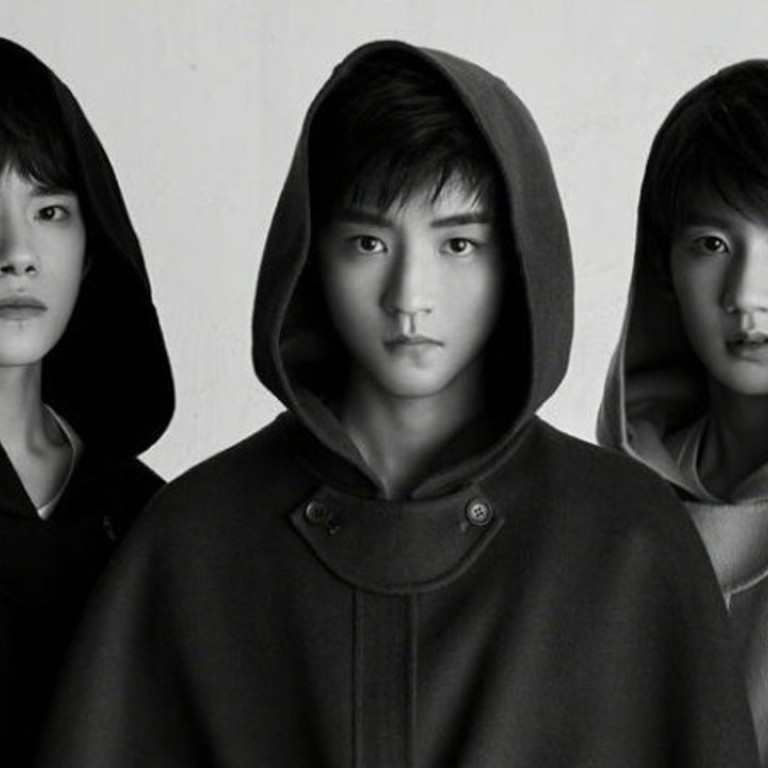
Tencent’s ID check for games catches out TFBoys star Roy Wang Yuan before his 18th birthday
- Tencent last month made it mandatory for players to verify their age to log into the hit game Honour of Kings, and brought minors into an anti-addiction system
Tencent Holdings’ ID check for gamers has been so effective that earlier this week Roy Wang Yuan, a member of China’s most popular boy band TFBoys, said in a variety show that he was knocked off from the game after playing for two hours on the day before his 18th birthday.
Tencent, China’s biggest game publisher, said its mandatory identity check for gamers has led to a “noticeable reduction” in play time among minors, amid Beijing’s recent drive to crack down on excessive gaming to protect the well-being of the nation’s youth.
The age verification system, which checks the age of players against a police database, has reduced play time by 46 per cent for children under 12, and 24 per cent for those aged 13 to 18, according to a statement from Tencent on Thursday.
The ID check now works on Tencent’s blockbuster mobile game Honour of Kings across mainland China, and will be rolled out to other mobile and personal computer games next year.
The company last month made it mandatory for players to verify their age to log into the hit game, and brought minors into an anti-addiction system that limits play time for users aged 12 years-old and younger to one hour, and those aged from 13 to 18 to two hours.
The verification system is part of Tencent’s recent response to a broad crackdown by Beijing on the adverse impact of prolonged gaming on children’s health. China’s Ministry of Education in August announced a plan to curb the number of new online games and limit playing time in an effort to protect the eyesight of children.
Honour of Kings, which had 200 million players last year, was the highest-grossing mobile game of 2017 with US$1.9 billion in revenue, according to research firm SuperData. The company has also been testing the use of facial recognition technology to detect minors for the game since September.
“We take absolutely no account of game revenue in the protection of minors,” Ma Xiaoyi, senior vice-president of the Shenzhen-based company, said in an interview with Chinese media this month.
Minors contribute “an insignificant portion” of revenue for Tencent’s mobile games, said James Mitchell, Tencent’s chief strategy officer, in a conference call following the third-quarter results announcement last week.
Tencent’s mobile games business reported 11 per cent sequential growth thanks to a seasonal boost over the summer holidays, and a 7 per cent increase in year on year revenue to 19.5 billion yuan. Personal computer games revenue fell 15 per cent year on year to 12.4 billion yuan as players continue the shift to mobile games.

